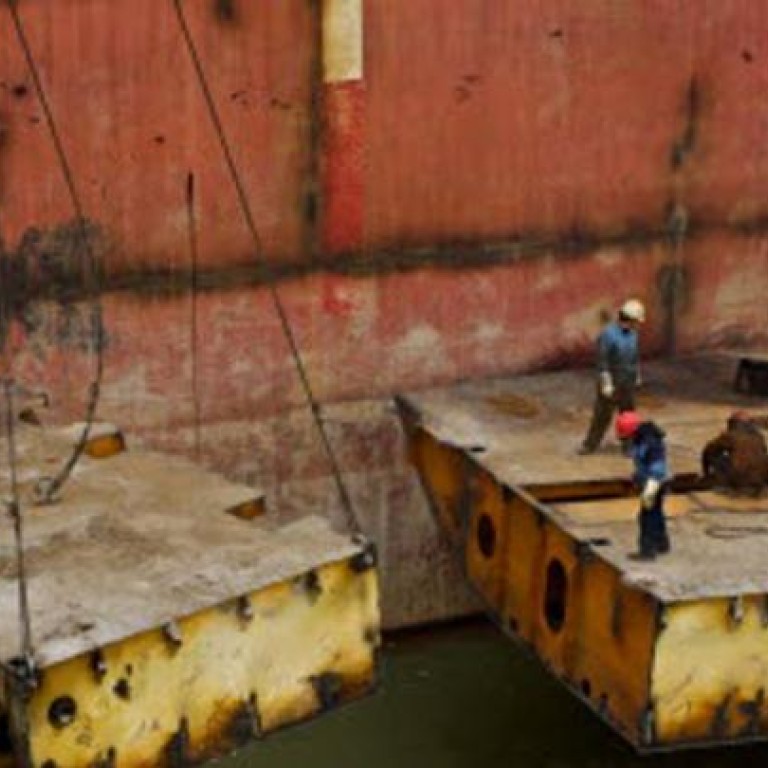
Company takes lead role in ship recycling
Industry Reports by Synergy Media Specialists
There is an internationally recognised need to address the challenges of green ship recycling. Based in Rotterdam, the Netherlands, Sea2Cradle has successfully recycled more than 60 ships in China with a zero-accident record. Today, the company is looking to build on its growing reputation as a leading player in green ship and maritime structure recycling.
Tom Peter Blankestijn, Sea2Cradle's managing director, says: "Recyclable materials such as steel, aluminium and copper account for 97 per cent of a vessel's recyclable parts. We are concerned with the 3 per cent that cannot be recycled such as asbestos, paint, oil, mercury and other ozone depleting substances. At Sea2Cradle, we are driven to add value to our client's environmental policies."
The recycling procedure includes a rigorous pre-cleaning with all hazardous materials carefully handled, separated and disposed of according to the highest standards. After vessels have been cleaned, dismantling takes place under strict supervision. Sea2Cradle provides on-site surveyors to monitor the process and upon completion the client receives certified documentation of the entire process.
International and national legislation directly impact the recycling process. These include "The Basel Convention", a treaty on the control of trans-boundary movements of hazardous wastes and its disposal and the "Hong Kong Convention for the safe and environmentally sound recycling of ships 2009", which aims to minimise the risks to human health and safety and the environmental impact throughout the process of ship recycling.
Sea2Cradle is actively involved in drawing up new legislation, specifically for ship recycling, as the company is working to the highest standards known for this process. Sea2Cradle can also perform audits on ships to create a ship-specific Inventory of Hazardous Materials, even if they are not yet due for recycling.
Sea2Cradle handles vessel types ranging from large floating storage and offloading vessels to small survey vessels and has developed a client base comprising some of the most respected names in the shipping industry.
Nearly all the company's recycling takes place at state-of-the-art ISO 14000 and OHSMS 18001 certified facilities in China. The company has strong relationships with facilities in the United States, Britain, Turkey and Belgium which provide Sea2Cradle with additional recycling capacity and flexibility.
Blankestijn says: "There is a movement referred to as 'green China' and we intend to build on this. With China today being responsible for 55 per cent of new-builds, shipyards are investing heavily in new technology and have the capacity to perform in an environmentally sound way. Sea2Cradle will continue to responsibly manage the entire ship recycling process for our clients."
